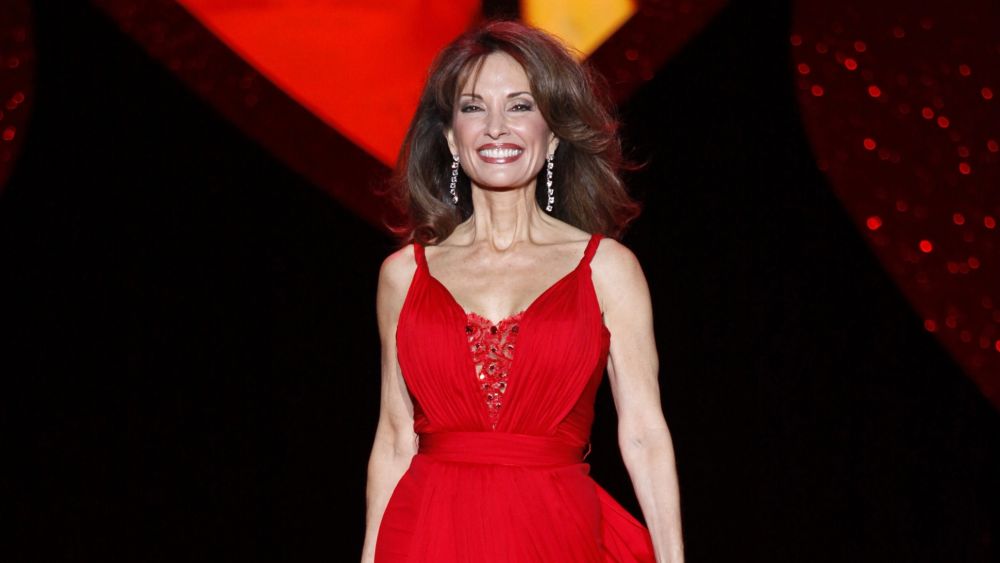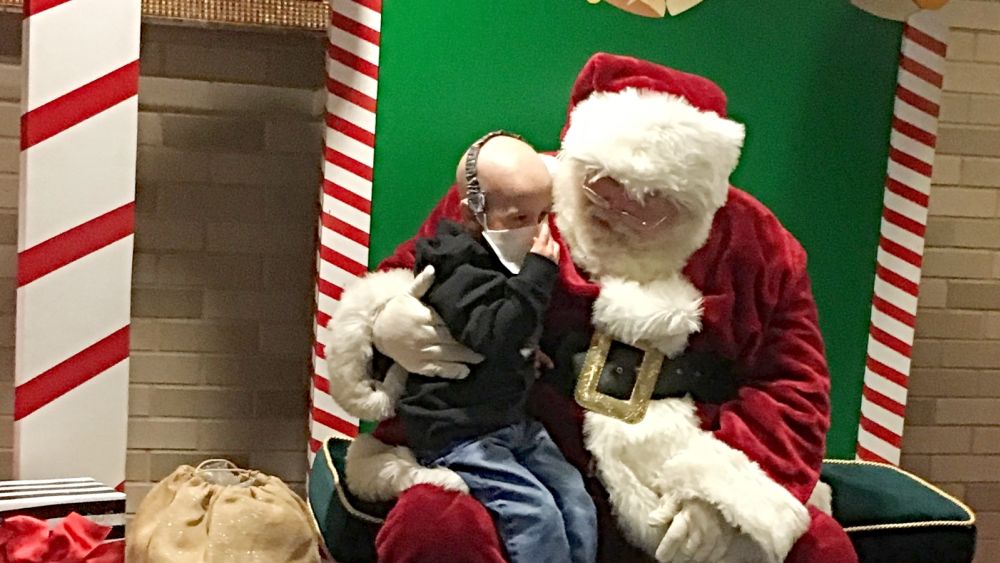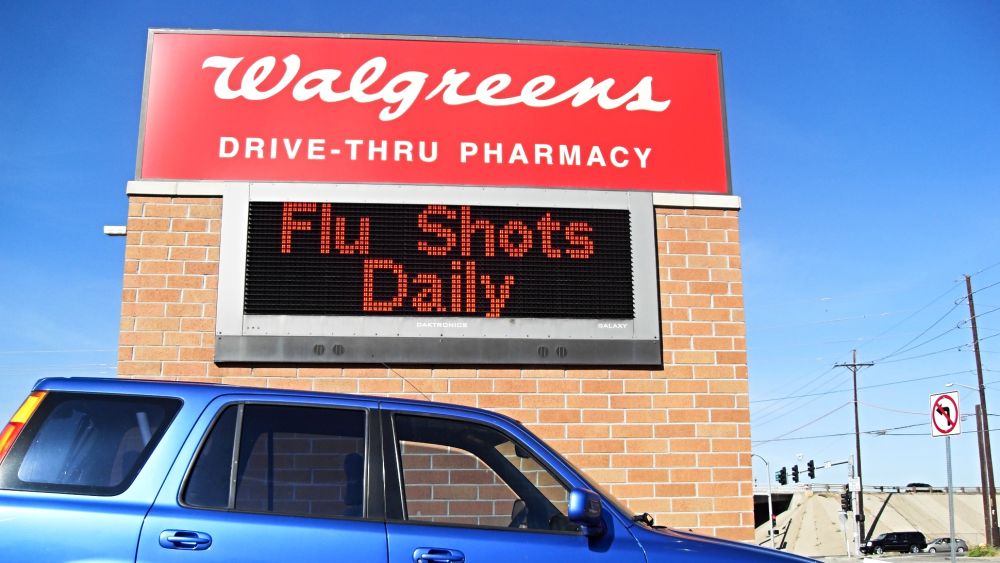Congenital Hearts & Adoption Fever Strikes Again
Stacy Matson | Celebrity Health

image by: www.lukeford.net
The list of celebrities adopting foreign born children just keeps on growing and some of the children come with special needs such as congenital heart disease
Last week, Grey's Anatomy star Katherine Heigl and her husband Josh Kelley announced that they’ve adopted a baby girl from South Korea. The baby’s name is Nancy Leigh but will be called Naleigh. For Heigl, adopting Naleigh was not a publicity seeking move but a long standing wish fulfilled. Heigl was adamant that her first child would be adopted from Korea as a way to show respect to her sister Meg who was also adopted as an infant from Korea.
As for her husband, Heigl says that she made her adoption intentions known to him before they married. Heigl says, “Not everybody is down with [adoption]. I just wanted to make sure that I was marrying a guy who understands that this was going to have to happen.” Biological children will follow, but adopting from Korea had to come first.
| Katherine Heigl, Josh Kelley, and Naleigh |
 |
The couple revealed that they started the difficult application process about a year ago which included an extensive, 40-page questionnaire that covered everything from their respective upbringings to their parenting philosophies.
“These are very valid questions,” Heigl points out. “You think about some of these things, you talk about some of these things, but you don’t really get into the mix of it until you’re looking at these questions going, ‘Oh my God we better answer these right otherwise they won’t give us the baby”.
Clearly they answered the questions right because not only was their application approved; they were reportedly able to speed up the process because Naleigh has special needs and Korean officials wanted to find a family for her as quickly as possible.
According to the actress, the 10-month-old girl was born with a hole in her heart; which may be why the baby was classified as "special needs". Naleigh underwent surgery to correct the birth defect when she was only two months old and is expected to fully recover.
| Artrial Septal Defect |
 Yale University School of Medicine |
Worldwide in any given year thousands of children are born with a hole between the chambers in their heart. In the U.S the figure is upwards of 17,000.
There are several types of congenital heart defects that are commonly referred to as a “hole in the heart”; the most common is an atrial septal defect (ASD) which is a defect in the heart's upper two chambers called the septum. A hole in the septum allows blood to pass from the left side of the heart to the right side. This means that oxygen-rich blood can mix with oxygen-poor blood, causing the oxygen-rich blood to be pumped to the lungs a second time.
Small ASD’s do not negatively affect the way the heart works and typically do not require any special treatment. Most small ASD’s will close on their own as the child grows. Medium to large ASD’s are a bit more serious as they allow more blood to leak from one atrium to the other. This type of ASD is less likely to close on its own and will usually require surgery to repair the defect.
| Ventricular Septal Defect |
 Yale University School of Medicine |
A second common defect is called a ventricular septal defect (VSD). VSD is a hole in the part of the septum that separates the lower heart chambers called the ventricles. This defect allows oxygen-rich blood to flow through a hole in the left ventricle across the heart into the right ventricle instead of flowing up into the aorta and out to the body as it should. This type of defect varies in size, location in the septum, may occur on its own, or with additional heart defects.
Small VSD’s may not cause any symptoms or problems and will usually close on their own. A medium sized VSD is less likely to close on its own, may require surgery and the child will typically exhibit symptoms. Large VSD’s are the most serious as they allow a large amount of blood to flow from the left ventricle to the right ventricle resulting in serious symptoms such as growth failure, irregular heartbeats, and if left untreated, heart failure. Surgery is usually needed to repair them.
While no parent wants to hear that their child has a congenital heart defect the outlook for children born with ASD’s and VSD’s is excellent and most will go on to lead normal, active lives.
Stacy Matson is a health enthusiast from Southern California and regularly blogs on Celebrity Health for A Healthier World, as well as contributing to the Best of the Best.

Introducing Stitches!
Your Path to Meaningful Connections in the World of Health and Medicine
Connect, Collaborate, and Engage!
Coming Soon - Stitches, the innovative chat app from the creators of HWN. Join meaningful conversations on health and medical topics. Share text, images, and videos seamlessly. Connect directly within HWN's topic pages and articles.
















